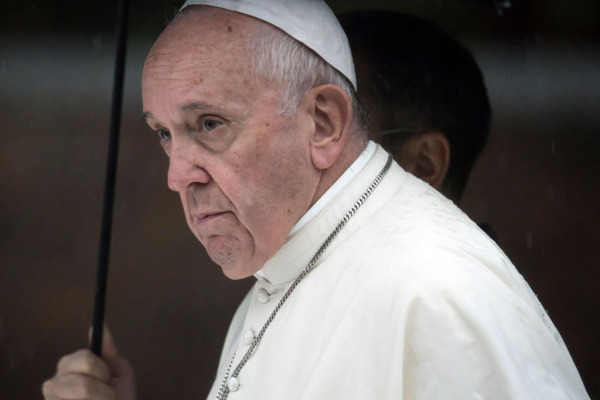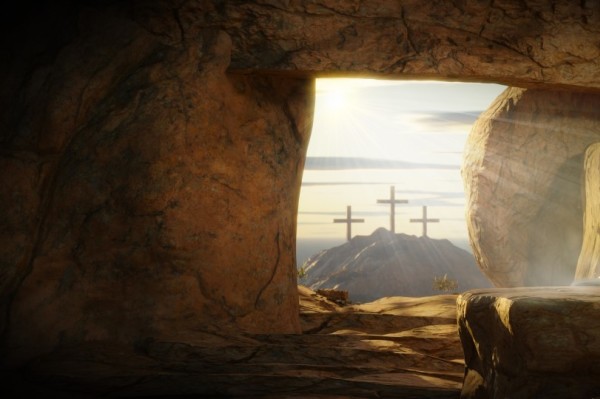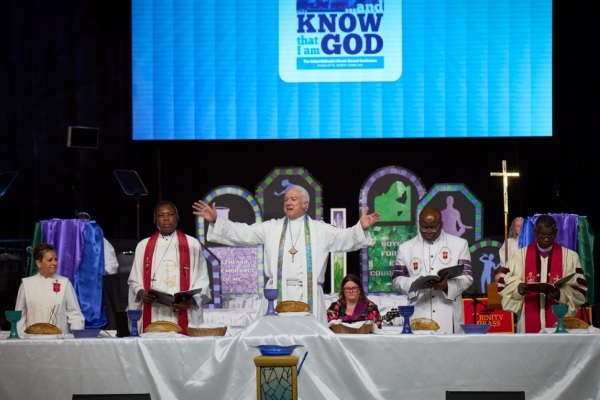Question of Religious Intolerance in Bhutan
After four months of detainment and trial, a court in Bhutan sentenced Prem Singh Gurung, an ethnic-Nepali Bhutanese citizen, to three years in prison. Gurung was accused of 'creating civil unrest' by showing films about Jesus Christ to his neighbors.
The Kingdom of Bhutan has remained largely isolated from the outside world for centuries, but this tiny Himalayan nation has garnered international attention recently for modernizing to the beat of its own drum. In an attempt to preserve national heritage, the government banned television and the internet until 1999, making Bhutan one of the last countries to introduce the TV. Long a nation run by Buddhist monks and monarchical families, it wasn't until March 2008 that the ruling King Jigme Singye Wangchuck abruptly stepped down to make way for democracy.
Now officially plugged into the internet and under a functioning democracy, Bhutan is posed to integrate itself with the rest of the world. Even the newly revised constitution is modern in tone, guaranteeing many of the same rights that are found in democracies across the globe. But this predominantly Buddhist country is having trouble acting according to its own constitution when it comes to religious freedom, and Bhutanese Christians are suffering as a result.
Prem Singh Gurung's sentence was announced on October 6, four months after he hauled a generator and projector up to two villages, both of which are without electricity and located more than a day's walk from the nearest road. According to Kuensel, the government-run newspaper of Bhutan, Gurung showed Nepali movies between each of which was a short clip about Jesus Christ.
Several villagers complained about the incident, and government prosecutors charged Gurung with promoting civil unrest. Unable to prove the allegations beyond a reasonable doubt, the government instead charged him with an "attempt to promote civil unrest."
The 2008 constitution states that "Buddhism is the spiritual heritage of Bhutan, which promotes the principles and values of peace, non-violence, compassion and tolerance."
As its official heritage, the government has prioritized the preservation of Buddhism over tolerance and compassion towards other religions. The result has been official opposition to the spread of Christianity, and it is now illegal to attempt to convert someone from the country's two predominant religions, Buddhism and Hinduism. But it is not only in cases of proselyting that Christians are being persecuted.
In the second week of April 2008, two families were physically attacked and kicked out of their village after they were discovered to have converted to Christianity. The families had been introduced to the faith by missionaries from Gospel for Asia, a missions organization based in the US and India. On April 12, their fellow villagers attacked the new believers and forced them to leave their homes. The government did not have a hand in the incident, but it did opt to remain a mute spectator even though the constitution expressly says that the King is the protector of all religions in Bhutan.
More than 75% of Bhutan's 700,000 people are Buddhist, mostly living in northern and western regions. The country's rich Buddhist heritage reaches back to the AD 700's, and the present day state was established by a Tibetan Lama in the 17th century. At the same time, Bhutan is undoubtedly multi-ethnic and multi-religious, with an estimated 200,000 Hindus living in southern regions and roughly 6,000 Christians scattered across the country.
The fledging Christian population is not publicly acknowledged by the government, making communal worship difficult, human rights groups and mission organizations report. In 2007, according to Gospel for Asia, "the government had begun clamping down on Christians by barring some congregations from meeting for worship. This has caused at least two Gospel for Asia-affiliated churches to temporarily close their doors."
A February 2009 report by Open Doors, a Christian Rights group, ranked Bhutan 11 on a list of top 50 countries persecuting Christians.
Despite the difficult circumstances on the ground for Christians, the government of Bhutan has retained a friendly relationship with international Christian organizations when it has proven beneficial. In the early 1960s, a Canadian Jesuit, Father William Mackey, was invited into Bhutan to help establish a secular school system. Father Mackey continued his work in the education sector until his death in 1995.
Even Bhutan's own history with international Christianity goes back to the 17th century, when missionaries met with the same Tibetan Lama who unified present day Bhutan. According to a 17th century report by a Portuguese Jesuit missionary, Father Estevao Cacella, Bhutan's first contact with the Christian faith took place in 1627. His report, available on the Centre for Bhutan Studies website, says that he and his companion met several times with the man who not only united Bhutan but also institutionalized Buddhism as the state religion, Zhabdrung Ngawang Namgyel.
Bhutanese Christians continue to face daily hardships while attempting to practice their faith peacefully. As the government increases interaction with the global community and further embraces democracy, Christians there can only hope that it will also embrace a higher level of religious freedom. A good first step would be for the government of democratic Bhutan to withdraw the allegations clamped on Gurung and grant him unconditional release.






















